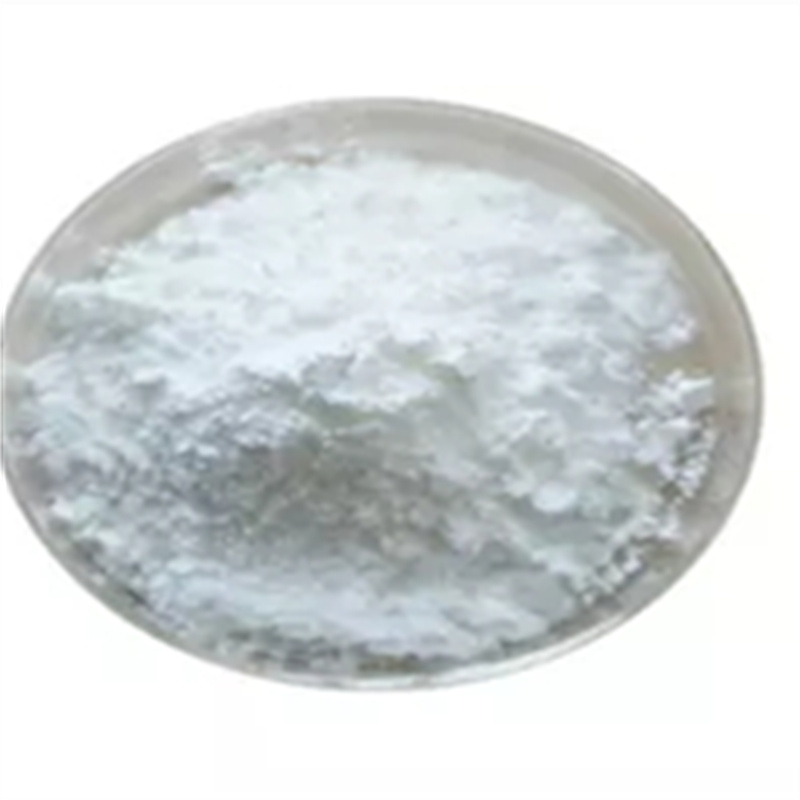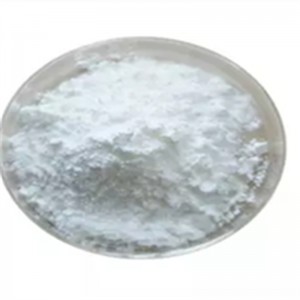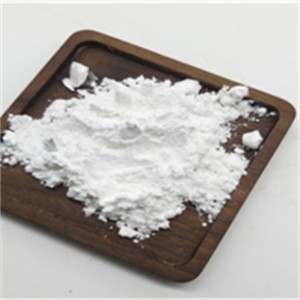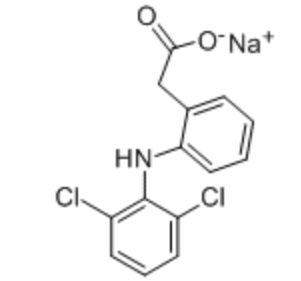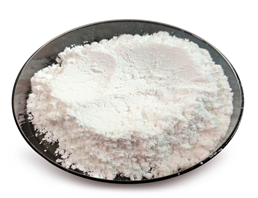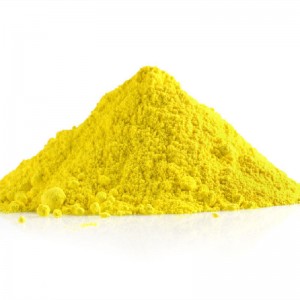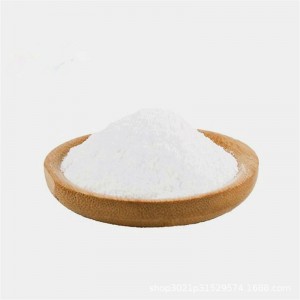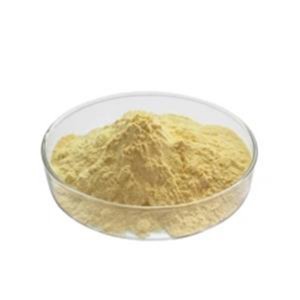| Basic Information | |
| Product name | Diclofenac sodium |
| Grade | pharmaceutical grade |
| Appearance | A white or silightly yellowish crystalline powder |
| Assay | 99% |
| Shelf life | 4 Years |
| Packing | 25kg/carton |
| Condition | Keep the container closed in a dry, well-ventilated place. |
Description of Diclofenac sodium
Pharmaceutical secondary standards for application in quality control, provide pharma laboratories and manufacturers with a convenient and cost-effective alternative to the preparation of in-house working standards.
It is categorized under the class of non-steroidal anti-inflammatory drugs (NSAIDs). It shows inflammatory, analgesic and antipyretic activities. Diclofenac Sodium is the sodium salt form of diclofenac, a benzene acetic acid derivate and nonsteroidal anti-inflammatory drug (NSAID) with analgesic, antipyretic and anti-inflammatory activity.
Diclofenac sodium has long been used to treat acute pain and inflammation, and is effective in various acute forms of pain.
Clinical application about Diclofenac sodium
Clinical trials have demonstrated the analgesic efficacy of diclofenac sodium in terms of relieving moderate to severe postoperative pain in patients undergoing dental surgery or minor orthopaedic surgery. Subcutaneous diclofenac sodium also effectively relieved moderate to severe neuropathic pain, related to cancer or not. Diclofenac sodium was generally well tolerated in clinical trials, with injection-site reactions among the most commonly reported adverse events. Diclofenac sodium is indicated for the treatment of rheumatoid arthritis, osteoarthritis, and ankylosing spondylitis.
Mechanisms of action about Diclofenac sodium
Putative mechanisms of action of diclofenac may include inhibition of leukotriene synthesis, inhibition of phospholipase A2, modulation of free arachidonic acid levels, stimulation of adenosine triphosphate-sensitive potassium channels via the L-arginine-nitric oxide-cyclic guanosine monophosphate pathway and centrally mediated and neuropathic mechanisms. Other emerging mechanisms of action may include inhibition of peroxisome proliferator activated receptor-c, reduction in plasma and synovial substance P and interleukin-6 levels, inhibition of the thromboxane-prostanoid receptor and inhibition of acid-sensing ion channels.

